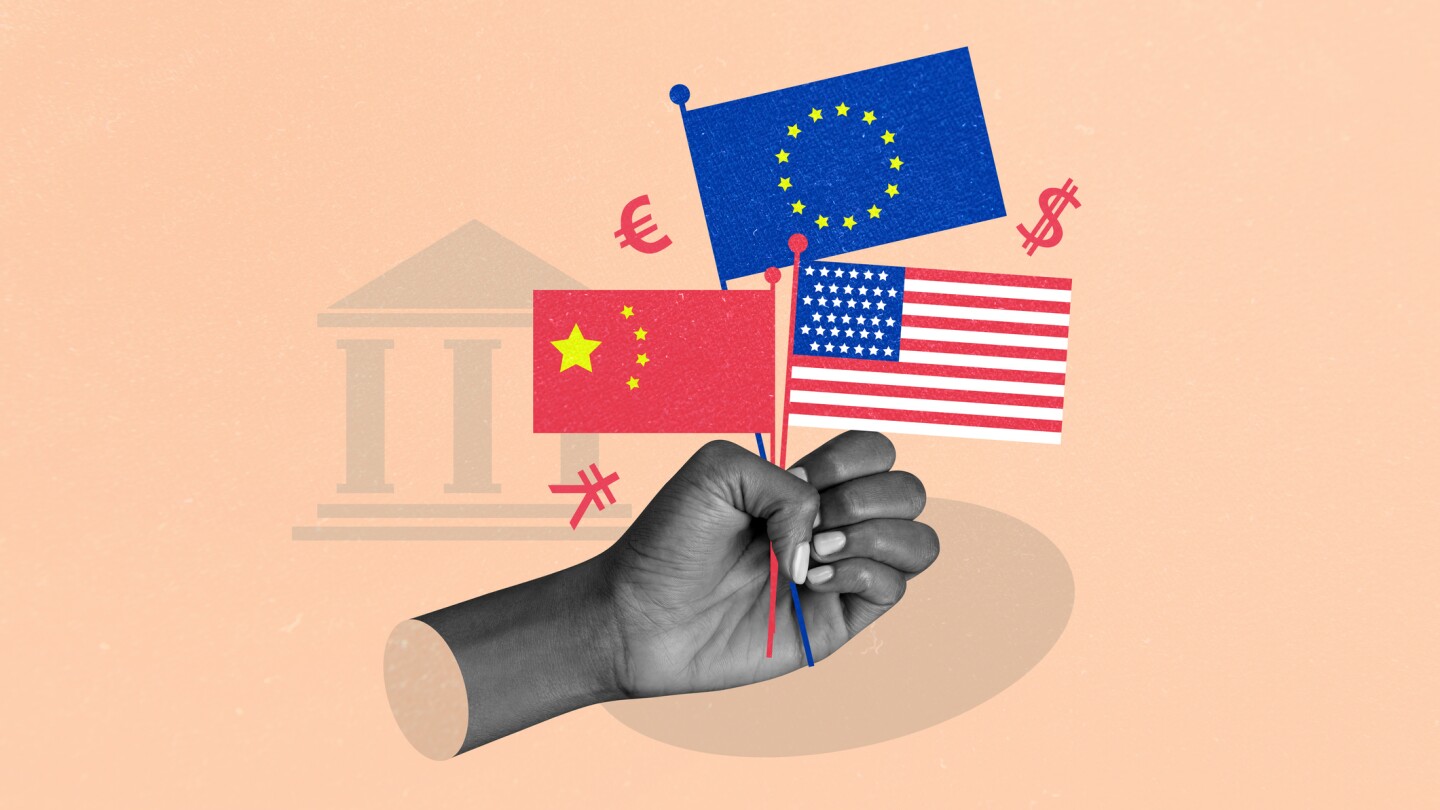Tariffs
Early decisions about manufacturing and supply chains could prove costly as a company reaches the commercial stage.
While the threat of tariffs dies down for the pharma industry, President Donald Trump is reportedly weighing a new investigation that could result in import taxes against U.S. trading partners that don’t pay enough for drugs.
Johnson & Johnson has yet to make a drug pricing deal with Trump; Novo makes more moves under new CEO; more than 1,000 laid off from CDC, though many immediately hired back; the BIOSECURE Act is back and more.
J&J reports today, just two weeks after Pfizer secured certainty on tariffs and drug pricing. Analysts expect to hear about plans from the rest of the industry during third period earnings calls.
The British pharmaceutical giant has joined the direct-to-consumer push, following Pfizer and Amgen’s announcements in response to the president’s calls to lower U.S. drug prices.
The British proposal to increase support for pharma is “clearly positive,” according to analysts at Leerink, who noted that the NHS’ move will improve patient access to treatments.
The U.S. government remains shut down, with the FDA closed for new drug applications until further notice; cell and gene therapy leaders gather for the annual meeting in Phoenix with the field in a state of flux; Pfizer and Amgen will make drugs available at a discount as President Donald Trump’s tariffs still loom; and new regulatory documents show how Pfizer beat out the competition for Metsera.
A new survey from CRB showed that most manufacturing initiatives in the U.S. made in response to tariffs are coming from Big Pharma companies, while smaller biotechs are left to hope “the situation doesn’t get worse.”
President Donald Trump last week announced that 100% pharma tariffs would come Oct. 1, but a White House official has clarified that that’s when the government will “begin preparing” the levies.
At the heart of the agreement is Pfizer’s $70 billion commitment to U.S.-based manufacturing and an exemption from tariffs for three years. While the reaction was mostly positive from Wall Street, other observers noted that the benefits for patients are unclear at best.









